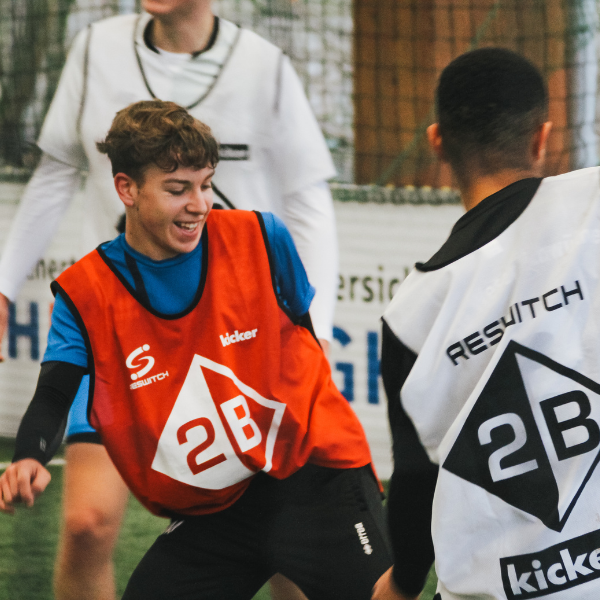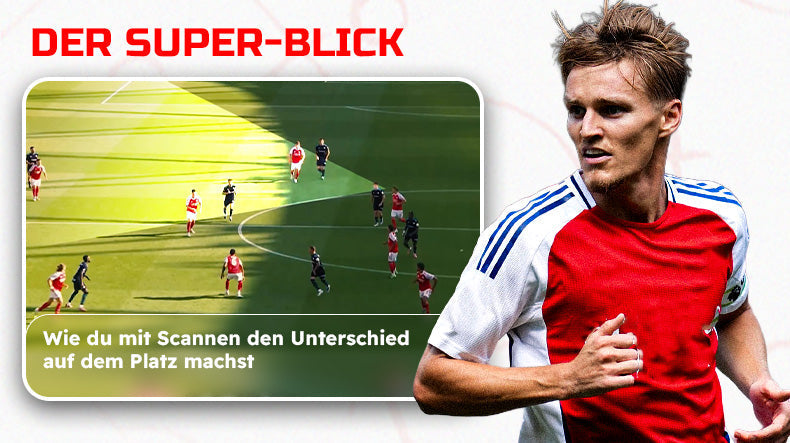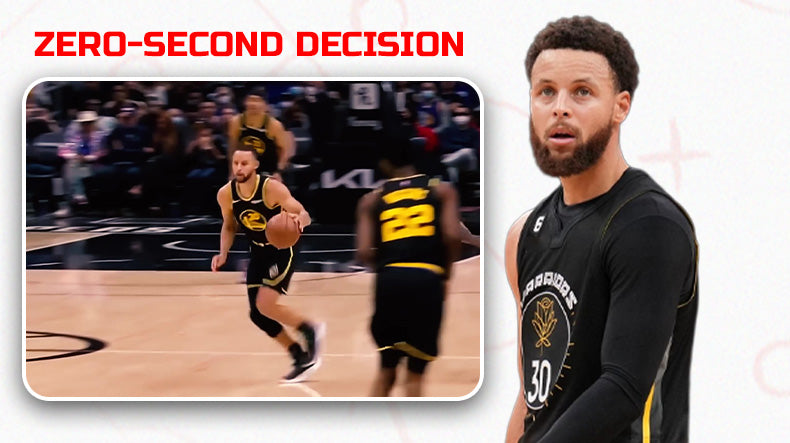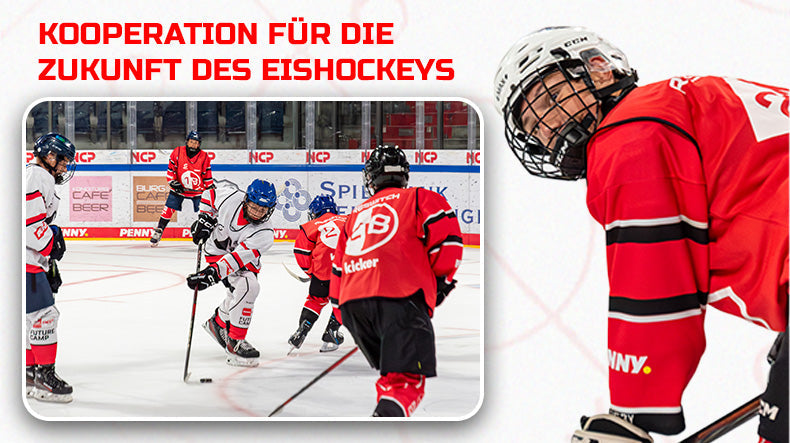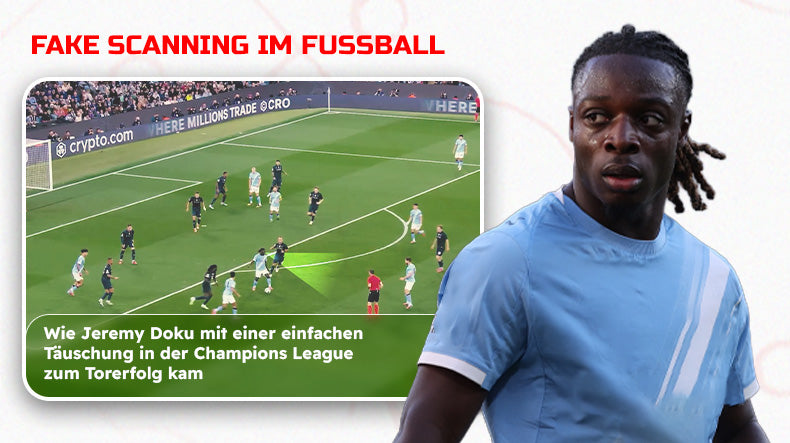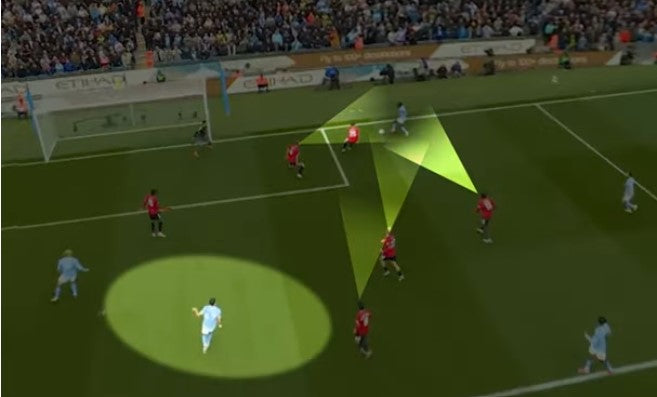Train and improve anticipation
Experienced players have a clear advantage over inexperienced players and can recognize how an opponent behaves more quickly and are better able to anticipate deceptions and feints. They use more effective gaze behavior by concentrating longer on a few points in their environment (e.g. the standing leg) in order to recognize the intentions of the opponent.
How can I train anticipation?
Anticipation performance can be improved through training. In children's football in particular, the aim is to improve this cognitive ability purely through the task of the training and not through instructions. An instruction, for example, to pay attention to the standing leg of the shooter during a penalty kick - has the disadvantage of slowing down the behavior of players because they first think about "correct anticipation". This means that the keeper's reactions are initiated later. However, if the ability to anticipate is addressed in a "natural way" in special training forms, it promotes the development of the players!
In RESWITCH training, anticipation is also trained and improved through constantly changing teams and new situations. Players with good anticipation skills, for example, recognize more quickly where the player in possession of the ball could pass/dribble after the switch and where his teammates and opponents are standing and what his next action will be.
You can find more information on the topic of anticipation here:
https://reswitchtraining.com/pages/anticipationsfaehigkeit
Author: Jonas Kumpan




